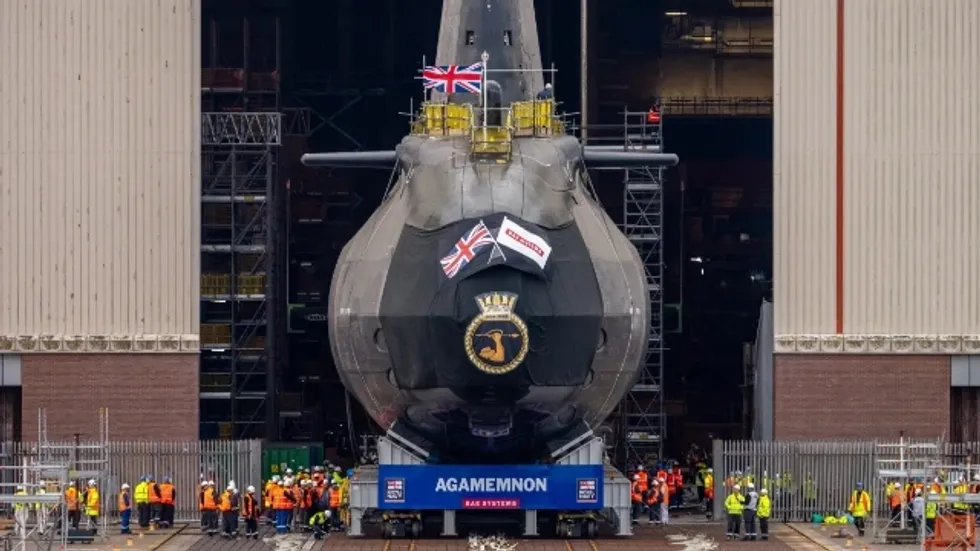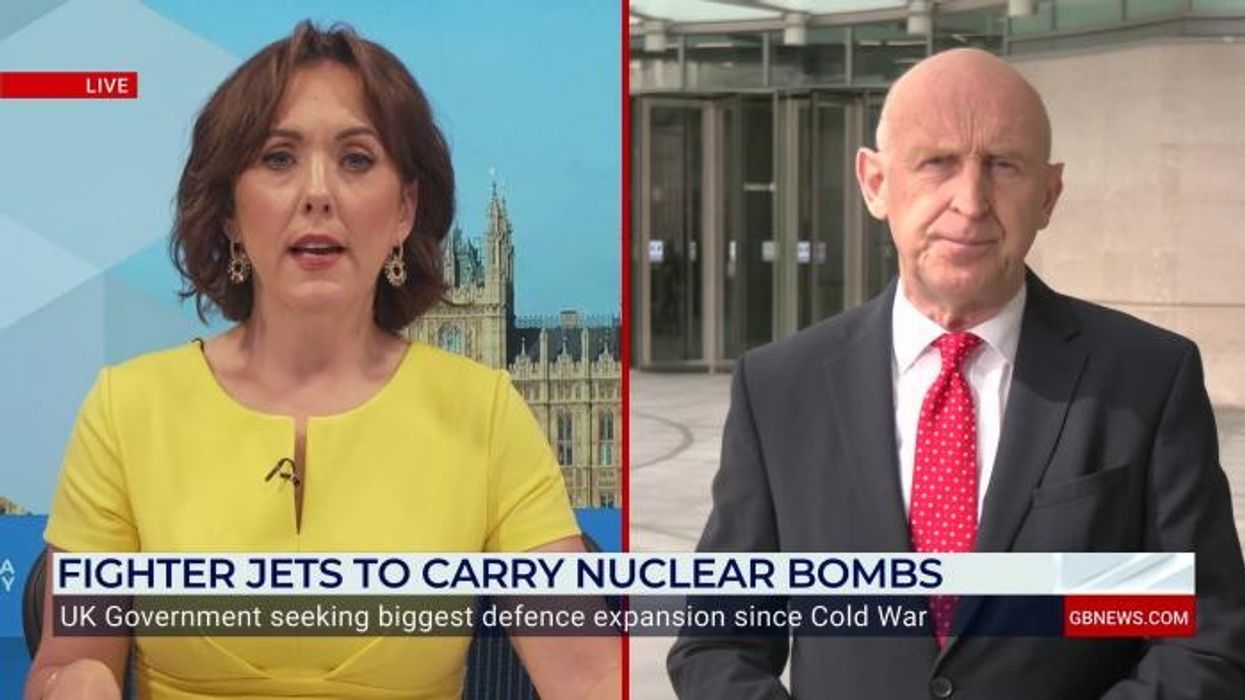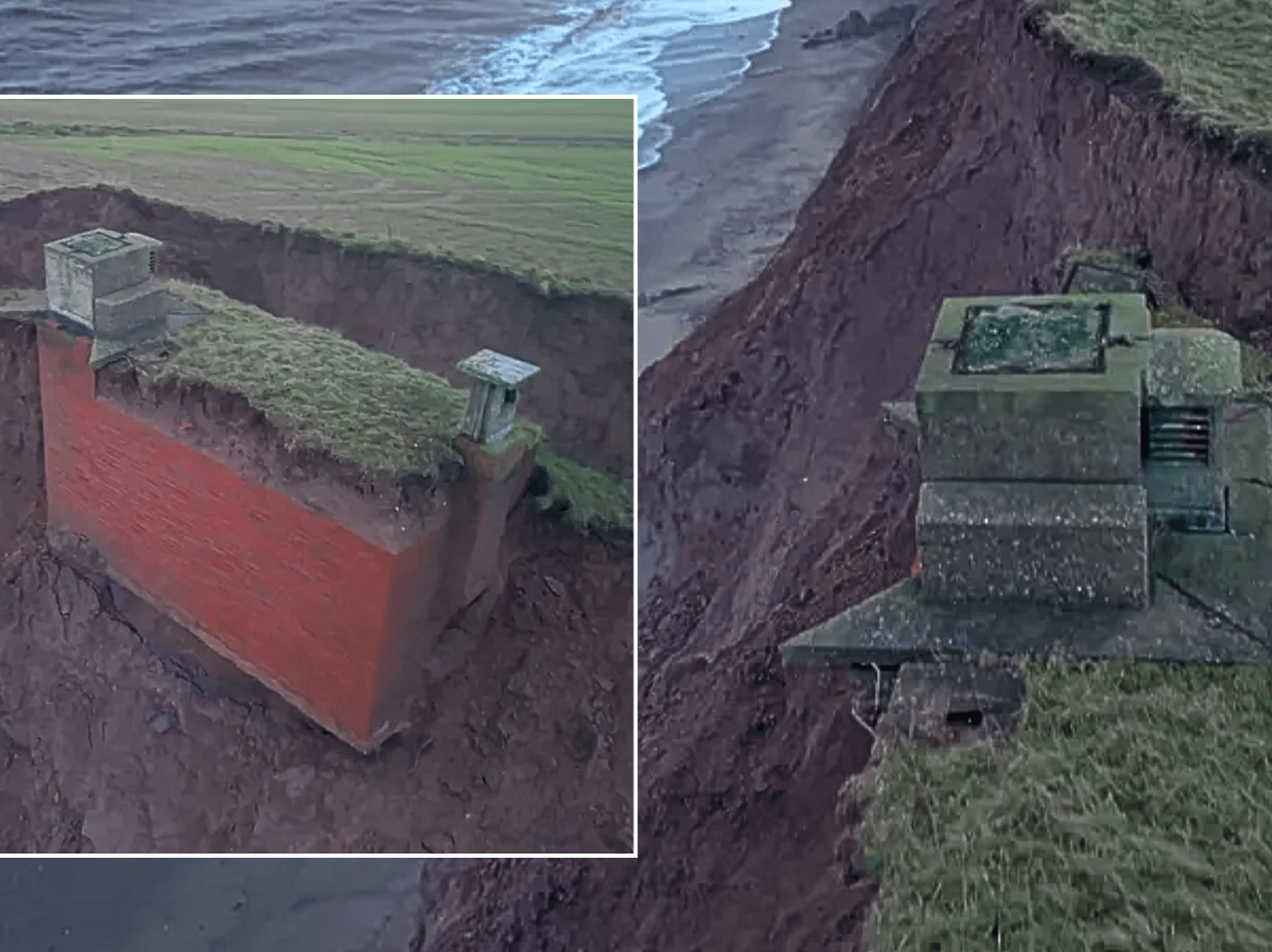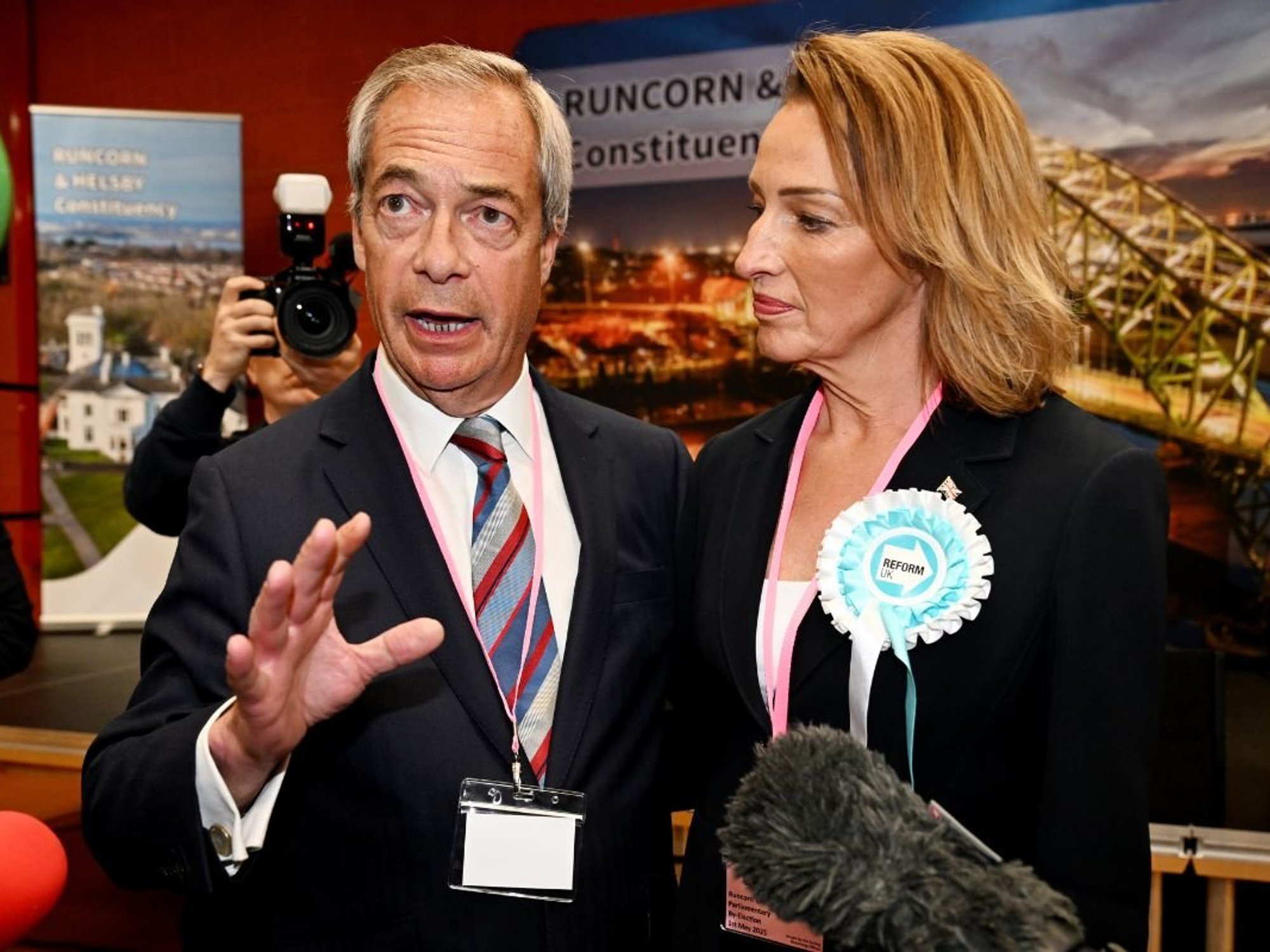Keir Starmer 'backtracks' on 3% defence target as plans to send 'message to Moscow' thrown into disarray

The strategic review commits to building 12 nuclear-powered attack submarines at Barrow in Cumbria and Raynesway in Derby
Don't Miss
Most Read
Trending on GB News
Sir Keir Starmer has been accused of "backtracking" on his three per cent defence target as his plan to send a message to Moscow is thrown into disarray ahead of today's strategic defence review.
Defence Secretary John Healey appeared to subtly U-turn on his pledge to boost defence spending to three per cent of GDP following a set of interviews over the weekend.
Last week, Healey said he had "no doubt" that the Government would meet the target by 2034, but when asked to repeat the pledge on Sunday, declined to do so, saying it was only an "ambition".
The confusion comes ahead of the Spending Review later this month, which has seen Government departments facing savage cuts jostling for funding from Chancellor Rachel Reeves.
James Cartlidge, the Shadow Defence Secretary, said: "All of Labour's Strategic Defence Review promises will be taken with a pinch of salt unless they can show there will actually be enough money to pay for them. Whereas, far from guaranteeing the funding, John Healey has been hung out to dry by Rachel Reeves."
He added: "As recently as Thursday, Healey promised that defence spending would definitely hit three per cent, but today he's completely backtracked.
"These submarines are not due to enter service till the late 2030s, so how can we have any confidence Labour will actually deliver them when they can't even sustain a policy on defence spending for more than 48 hours?"
Helen Maguire, the Liberal Democrat defence spokeswoman, added: "Labour's mere 'ambition' rather than commitment to reach three per cent of GDP on defence leaves serious questions about whether the money for these projects will actually be forthcoming."

Sir Keir Starmer and Defence Secretary John Healey
|PA
However, the Prime Minister is expected to say: "From the supply lines to the front lines, this Government is foursquare behind the men and women upholding our nation’s freedom and security.
"National security is the foundation of my Plan for Change, and this plan will ensure Britain is secure at home and strong abroad, while delivering a defence dividend of well-paid jobs up and down the country.
"This Strategic Defence Review will ensure the UK rises to the challenge and our Armed Forces have the equipment they need that keeps us safe at home while driving greater opportunity for our engineers, shipbuilders and technicians of the future."
The strategic review is expected to conclude that Britain needs to move towards "war-fighting" readiness to deter Russian aggression.

HMS Agamemnon (S123) is the sixth of the Royal Navy's Astute-class nuclear-powered attack submarines
|BAE SYSTEMS
The 130-page document recommends increases in stockpiles of arms and support equipment, some of which may only last days in a crisis.
Starmer will launch the review on Monday, saying the exercise "will ensure the UK rises to the challenge and our armed forces have the equipment they need" in what ministers describe as an increasingly unstable world.
The three-strong review team, led by Lord Robertson, a former Nato Secretary-General, has made 62 recommendations in response to what they conclude is "a new era of threat" from aggressive states and emerging technologies.
However, the strategic review commits to building 12 nuclear-powered attack submarines at Barrow in Cumbria and Raynesway, Derby, as part of the three-country Aukus programme with the US and Australia.

A stock image of a member of the British military
|GETTY
The first submarines will launch in the late 2030s, replacing seven Astute-class submarines tasked to operate around the world.
A total of £15billion will also be invested in modernising the production of nuclear weapons at Aldermaston in Berkshire, supporting more than 9,000 jobs as part of a programme to supply bombs for the Dreadnought submarines.
The weapons will replace the ageing Vanguard boats that carry the Trident deterrent.
Starmer will later announce that Britain will build a submarine every 18 months in what is described as the most significant defence announcement since the Cold War.
 Vladimir Putin | Reuters
Vladimir Putin | ReutersA new volunteer-led Home Guard is also set to be created to help protect airports, communications nodes and other parts of Britain's critical national infrastructure from drone and other surprise attacks.
The initiative will free up the time of soldiers and specialist police who guard such locations at present.
The review concludes that Russia poses an "immediate and pressing" danger, while China is a "sophisticated and persistent challenge" to British interests.
Iran and North Korea will also be described as "regional disruptors" and potentially hostile to the UK, with each of the four showing growing signs of being willing to work together.
The document is not expected to contain any additional spending commitments, and plans to increase the size of the British army will have to wait until after the election.
More From GB News











